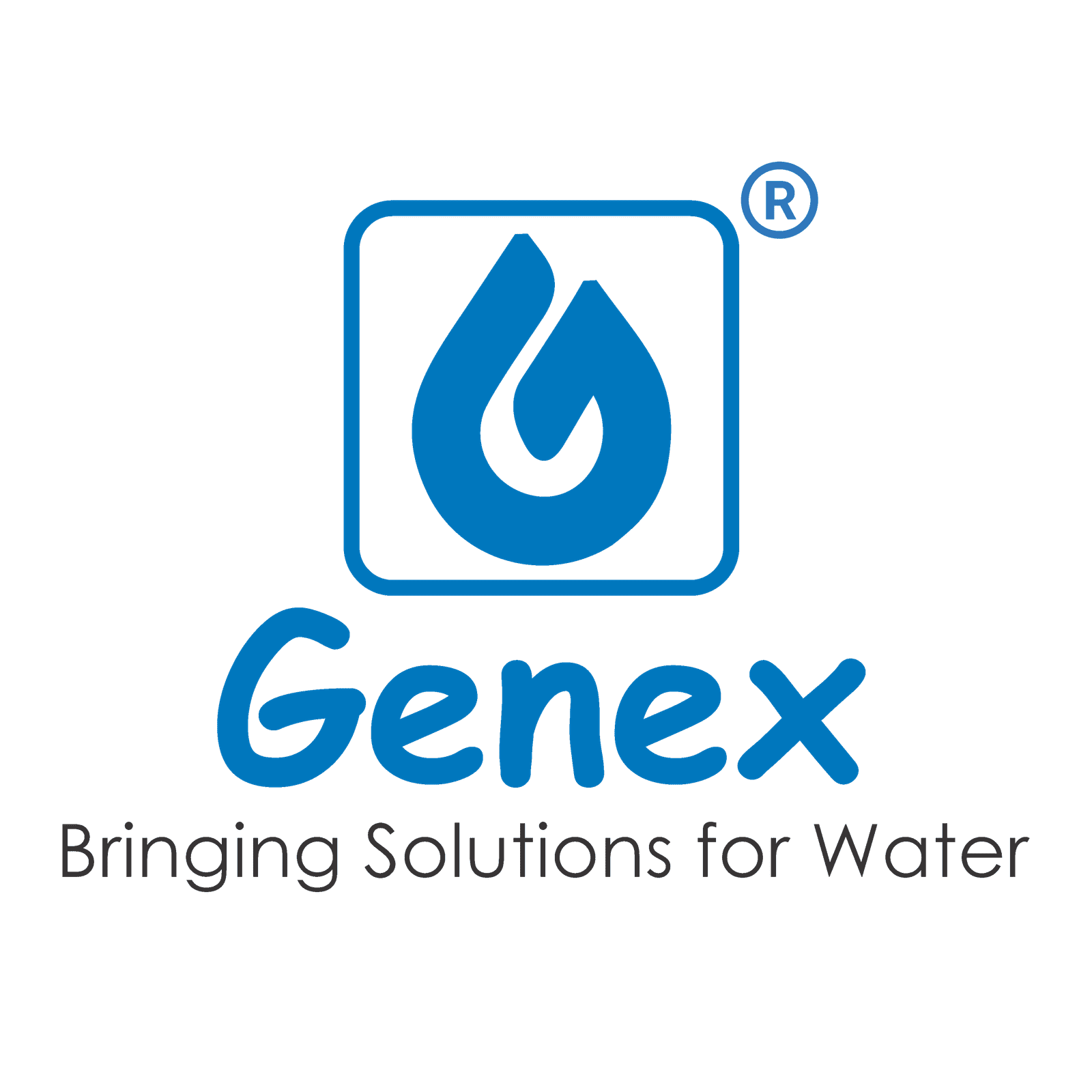

Bangalore, the IT- Hub of India is soaring in population every year. Therefore, it is deeply exposed to changes in water supply. This year the water supply from Cauvery River in the IT City will be halted for July 21 and July 22.
The disruption is in the wake of Bangalore Water Supply and and Sewerage Board taking up work on replacement of 220KV metering CT (Current Transformer) & PT (Potential Transformer) for renovation of surge protection system.
Climate change related impact on the monsoon are having, and will continue to have, vast implications on agriculture, which makes Bangalore even more unprotected as more than 60% of the state’s population dependent on agriculture for livelihood and nearly two-thirds of the cultivated land is rain-fed. Simultaneously, the government has launched pioneering programs which is required to be reviewed from perspective of efficient water and environment system. The lack of proper drainage systems, rapid industrial growth and lack of land availability in Bangalore cause exploitation of water resources in a mass level.
Particularly, in populous areas water resources are under remarkable compulsion due to soaring water demand and composite utilization arrangements within a little but compact and populated area. Currently, we are meeting the demands of most of Bangalore by transporting water from hundreds of kilometers. But this is both inefficient and energy concentrated. A permanent level solution is thus essential for sustainable water management. Practices such as reuse of treated wastewater would be of great importance in achieving water security.
Wastewater not getting utilized
Almost 80% of water supply flows back into the ecosystem as wastewater. This can be a disparaging environmental and health hazard if not treated properly but its proper management can help the water managers in meeting the city’s water demand even during crisis. At Present, Bangalore has the to treat approximately 37% of its wastewater, or 22,963 million litres per day (MLD), against a daily sewage generation of approximately 61,754 MLD according to the 2015 report of the Central Pollution Control Board. Moreover, most sewage treatment plants do not function at maximum capacity and do not conform to the standards prescribed.
In cities, industries and commercial sectors pay higher tariffs for water but they don’t have supply assurance. As reported by Fernandes & Krishna in their report, nearly 7 billion units (kWh) of coal power, with an approximate possible revenue of INR 24 billion were lost in the first five months of 2016 due to lack of water for cooling in thermal power plants. In addition to water supply enhancement, wastewater treatment offers new economic opportunities for energy and fertilizer recovery.
A standard deviation from “use and throw – linear” to a “use, treat, and reuse – circular” attitude is required to control wastewater. That said, investment in wastewater treatment has related risks as well. It is therefore important to understand the underlying social, political, technical, and financial factors that will drive, simplify, and support wastewater management interventions in India.
Maintaining a better, safer and environment friendly systems!!
Genex Utility Management Services (GUMS) as a trading organization was established in Bangalore with a target to deal with water and waste water system, services ,rehabilitating and reconditioning of your existing systems for generation of essential water standard, quantity and reducing operative expenses thereby restoring the valuable clean water at an affordable price.











